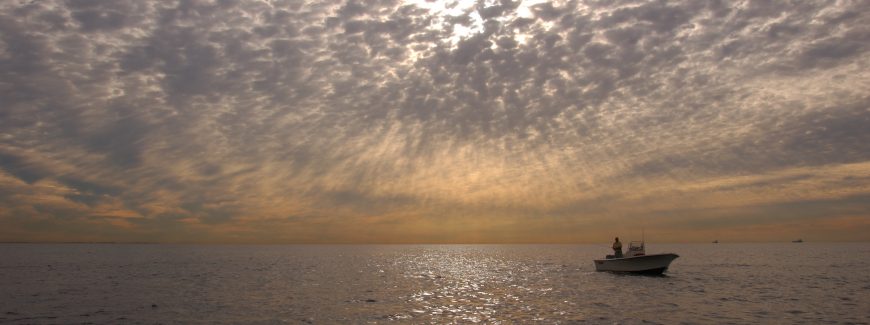Photo by John McMurray
From the outside looking in, fisheries management can appear complicated and frustrating. There are many sectors with different agendas. Each sector wants rules that are friendly to their position relative to the best available science and their opinions. I’ve sat in countless council meetings, commissions, and workgroups over the years. It can be painful at times. However, it can also be rewarding in several ways. Once you get beyond trying to prove your point, you hear firsthand how the others think and what is most important to them. It can be truly educational. You also get an appreciation for all sides. Most of the time, decisions are made that benefit the long-term health of the fishery.
The folks that designed the Magnuson-Stevens Act had the incredible foresight to set up eight regional councils that ultimately set policy for a wide variety of fisheries around the country. They are tasked with the following directives.
- Develop and amend Fishery Management Plans
- Convene committees and advisory panels and conduct public meetings
- Develop research priorities in conjunction with a Scientific and Statistical Committee
- Select fishery management options
- Set annual catch limits based on best available science
- Develop and implement rebuilding plans
Each council has a mix of membership that ensures a voice for all. There are checks and balances structured so everyone gets a fair chance. Membership changes and power can shift from one sector to another. That’s true for most things of this nature. Over the long haul, it is fairly even.
The eight councils and Magnuson-Stevens Act have worked well and have been successful in sustaining healthy oceans and productive fisheries. But that is not to say that there is not room for improvement. For example, the various states and councils work together to do their best to accomplish the six directives above. If a problem can’t be resolved by the process, it is moved up to the Secretary of Commerce. So, these critical issues are no longer being discussed and researched by a non-partisan and well-formed group of stakeholders. If these cases are bumped up, then they are being decided by the political party in power, which inserts politics into the science-based process.
So, for example, the two recent decisions by the Secretary of Commerce to extend the federal recreational red snapper season in the Gulf of Mexico and to allow New Jersey to go out of compliance for summer flounder under the Magnuson-Stevens Act and against the recommendation of the Atlantic States Marine Fisheries Commission (ASMFC), will not only damage the respective fisheries but also damage the cooperative management structure under the law that has guided us well for so many years. With interstate commissions, such as the ASFMC, if any state, sector, or decision-maker decides to go out of compliance or shirk the laws, the end result could encourage noncompliance among other states. Why would one state bear the burden of adhering to reductions in harvest while others ignore it? Same thing goes for specific fisheries like red snapper, which are managed by both state and federal entities. The Department of Commerce’s recent decision to increase the number of recreational red snapper fishing days in federal waters within the Gulf, which will most likely lead to the species being overfished, could set a bad precedent for other regions to follow, such as catching more cod in New England, more sea bass in the mid-Atlantic, and more salmon in the Pacific Northwest. For this reason, going out of compliance with the councils and the best-available science can lead to overfishing or other dire consequences. But, more troubling is the damage that these politically-based decisions may have to the fisheries management structure set forth within the Magnuson-Stevens Act.
Fisheries management isn’t a walk in the park. But, countless people volunteer their time to be a part of the process. Do you think good people will want to participate on a council or commission that might have no authority at the end of the day?
What does all of this mean? Buckle up! The floodgates are open. The voices to “harvest more despite the science” now have a pulpit. They are currently lining up to get what they want no matter the cost. My vision moving forward probably won’t cheer you up. This is just the beginning. It is probably going to get worse before it gets better. But that is why I am more fired up and why more fishermen must continue to stay involved in order to support the council process, our federal fisheries law, and to ensure the long-term future of our fishing traditions.



This flounder topic has really struck a cord within the “conservation” groups. Good, enough of the blind following of models and that’s allowing this war on coastal communities.